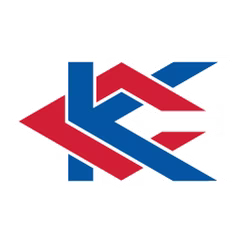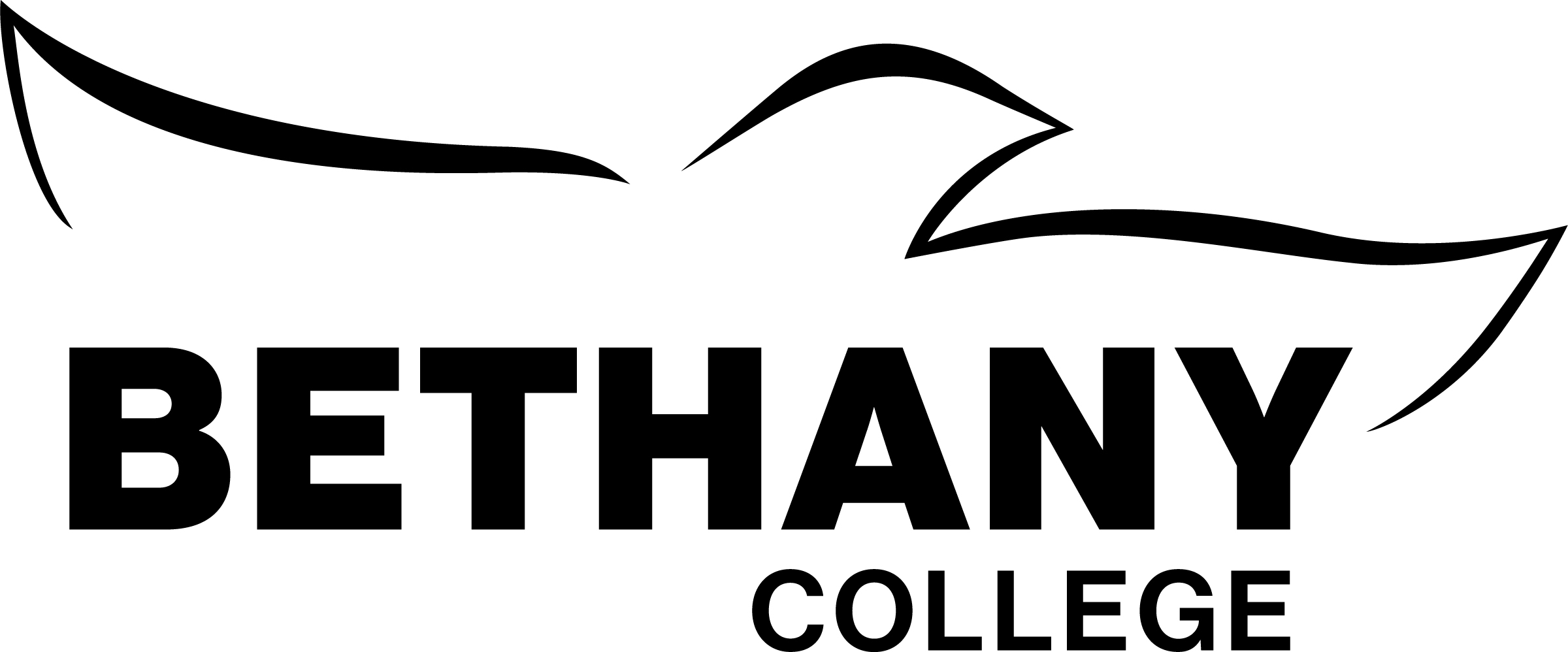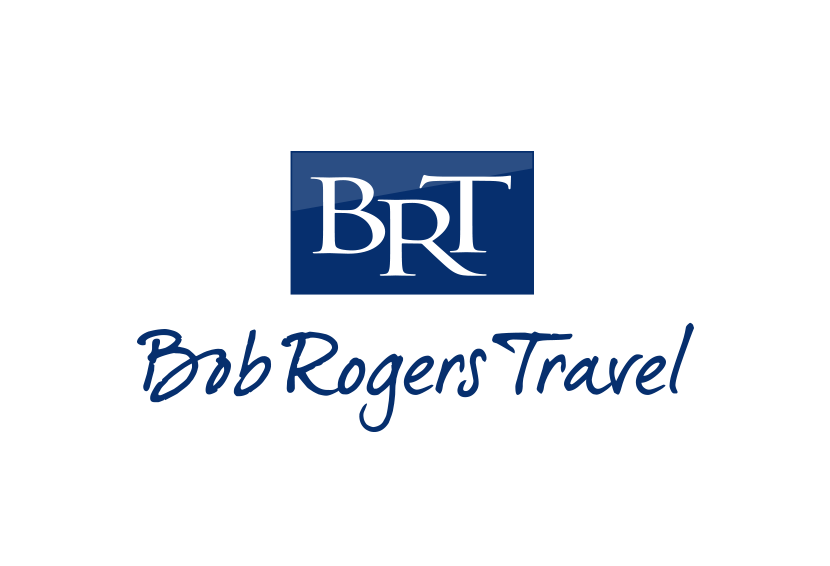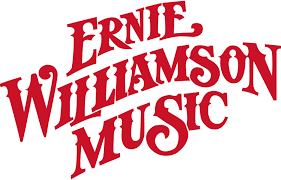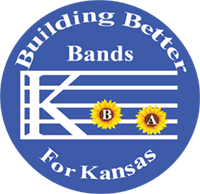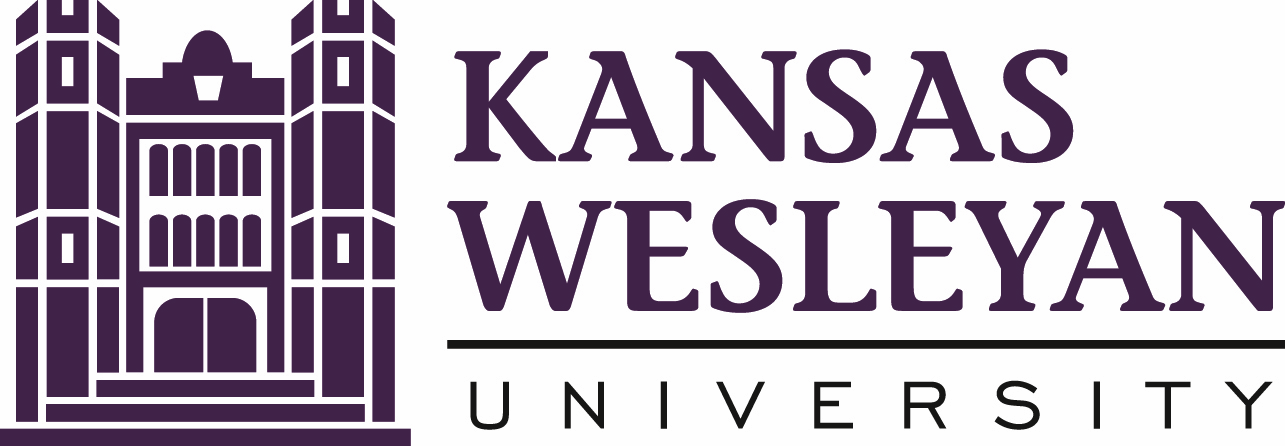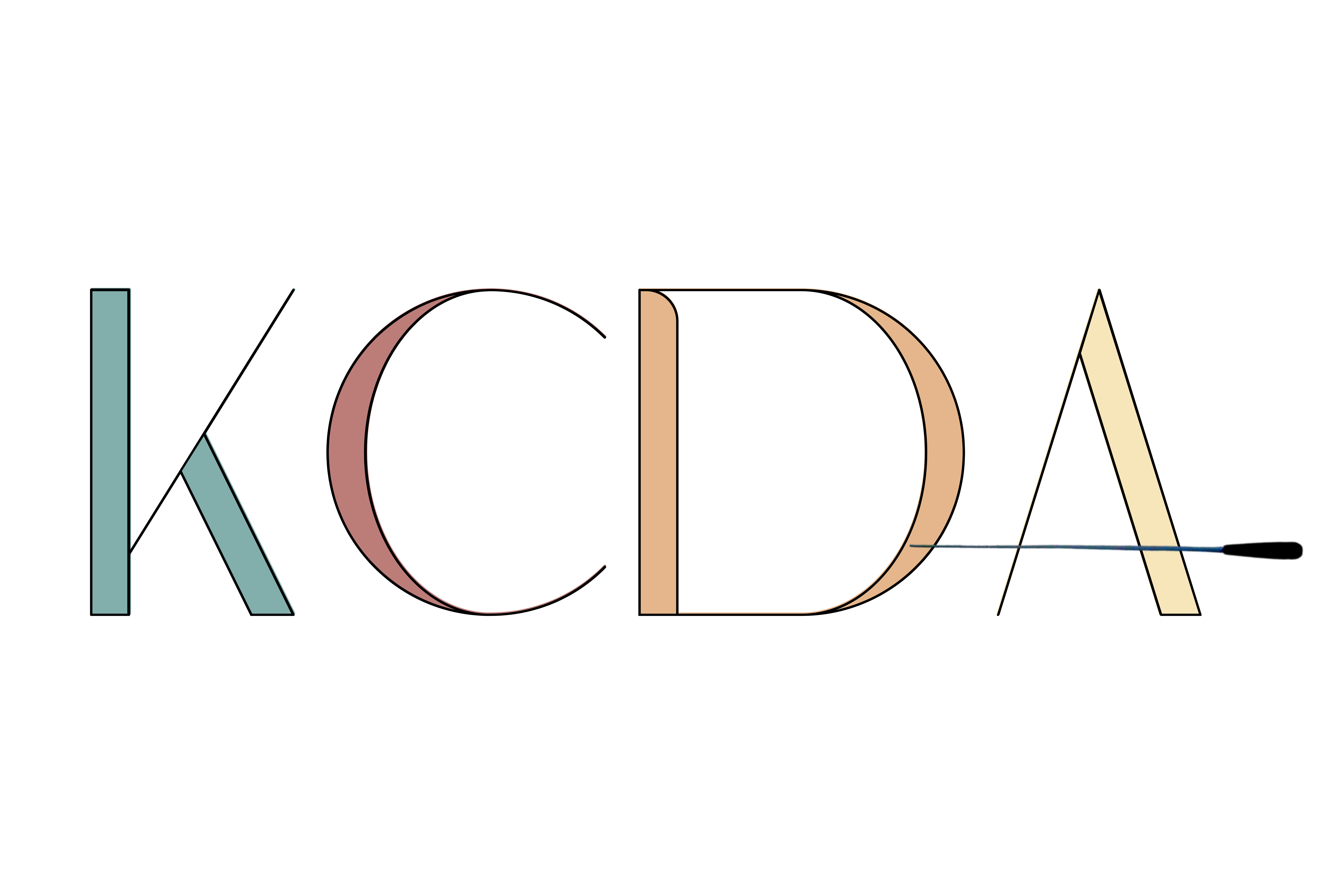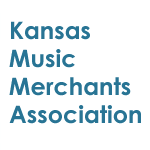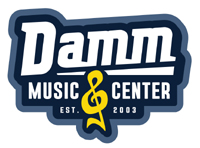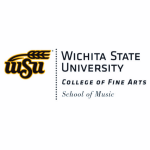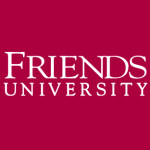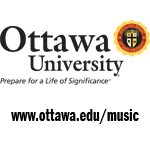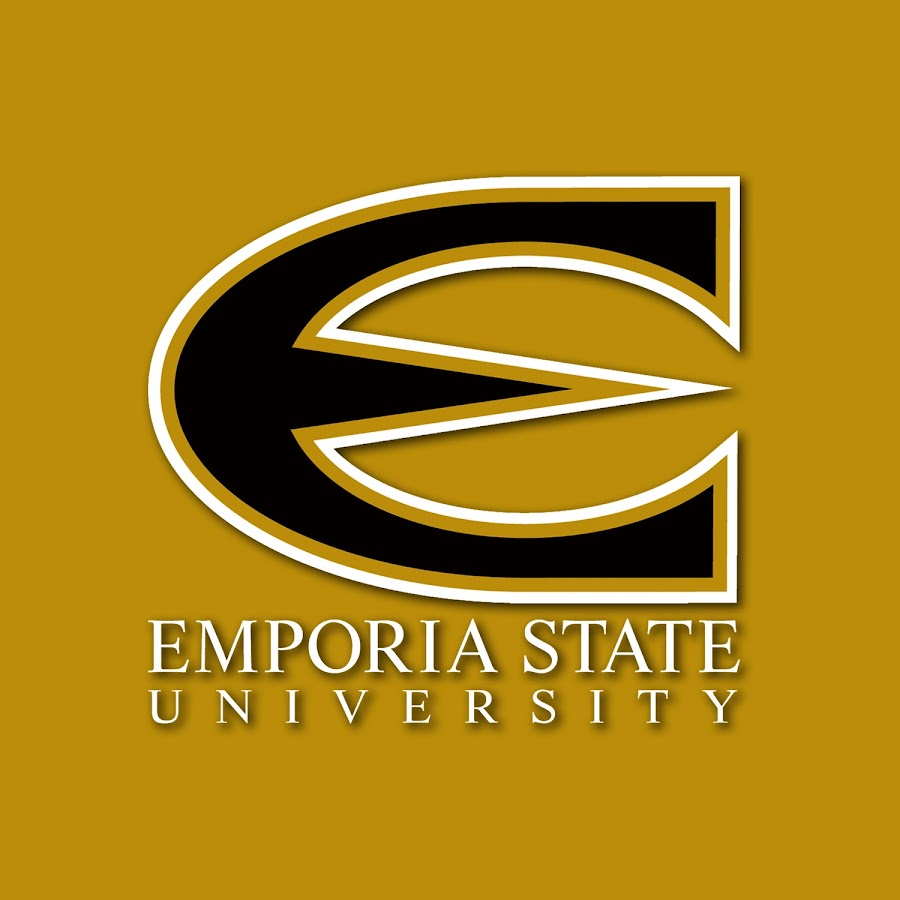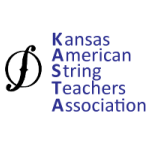
It’s not too late to be thinking about how to celebrate Music in our Schools in March! This year the annual celebration is themed “All Music. All People.” There is a focus on diversity this year for Music in Our Schools Month and it’s exciting! They have expanded the offerings this year, with the focus for a more inclusive lesson and enriching elements from a variety of cultures.
This tradition started as a one-day event in 1973 and grew into a monthlong celebration by 1985. Plus, this year, in October, they have added a informance element to it with a more casual teaching and sharing process. Parents and community members are able to see learning in action – a process NAfME is calling “Process into Product” – where activities such as composing and rehearsing are being done in a casual atmosphere. People can be involved in the process by asking questions and engaging the presenters in a discussion.
The website for NAfME explains Process into Product it like this: What is an informance? With the new Process into Product MIOSM® format, students participate in an informance in October. After five months of learning and skill development, a formal performance of the same pieces and more would take place in the MIOSM of March.
- An informance informally shares or demonstrates the authentic and organic learning process within the classroom.
- An informance is a learner- or student-centered sharing and process.
- Informances can take place in a familiar setting where parents, community members, other students, or stakeholders are sitting with the students and engaged as learners, or around the perimeter of the classroom to observe informally.
- Informances may take place in a variety of ways—with parents, community members, students, or stakeholders sitting with the students engaged as learners OR around the perimeter of the room as observers.
- Students are free to share their learning, express opinions, identify possible outcomes, and dialogue with the observers to explain or teach the content and what is taking place.
- Observers/participants are free to ask questions, connect, and engage in the learning process.
- Teachers guide, facilitate, and invite the students to actively share and connect with the observers/participants, while also moving the informance forward to share the learning process. What is a performance?
A performance in the Process into Product Rob Lyda, Chair of NAfME Council for General Music, says that “These are all Standards-based. In essence, each one is grouped by the individual launching points we have available.” For example, “The Culture Learers’ lesson, students are invited to take on the role of an ethnomusicologist. This launching point has the students interviewing their parents and others about songs they learned as a child. Students can interview adults about songs for holidays and family celebrations. They get to work in groups using technology to record and document various people sharing their music. Children come to school every day with cultural heritage, and it’s important that students know their voices can be heard.” With the availability of lesson plans and ideas on the website year-round, teachers can access what they need when it fits with their programs.
There are many resources available on the NAfME website:
- Free concert repertoire and lessons plans
- Free sheet music to download of “Maliswe” including a lesson plan and teaching objectives
- Free advocacy concert program insert
- Classroom ideas from other members
- Download the MIOSM logo and use it on all social media, including #AllMusicAllPeople and #MIOSM
- NAfME’s website also has a wide array of merchandise one can purchase also – everything from posters to stickers and buttons to help support your endeavors.
Here are some other ideas:
- Teach all your classes the same song and have an all-school singalong at an assembly
- Have students draw and write what music means to them and post in the hallway
- Ask teachers around the school what role music played/plays in their lives. That is a great connection piece for teacher/student relationships
- Encourage students to attend a live performance
- “Music Trivia” during morning announcements for a small prize
- Take students to sing at a board of education meeting
- Collaborate with other teachers in the building for a total cross-curricular experience in your school
- Use special dates such as Glenn Miller’s birthday (March 1st) or St. Patrick’s Day (March 17th)
- Invite parents and community members to come in and share their musical culture
- If you use the “Music K-8” magazine at your school, there is an extensive list of songs devoted just to MIOSM
However much or little you choose to do for Music in Our Schools Month, it will be a wonderful way to encourage conversations for All Music. All People.


